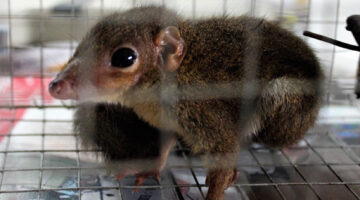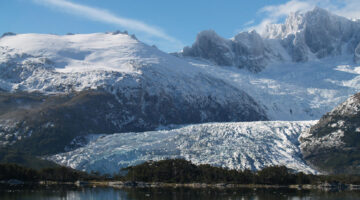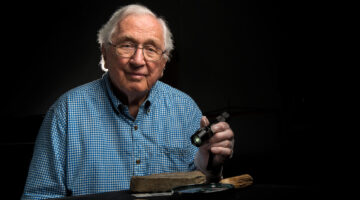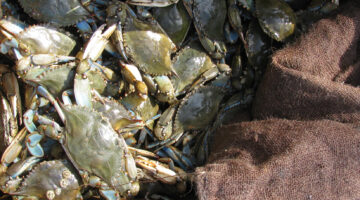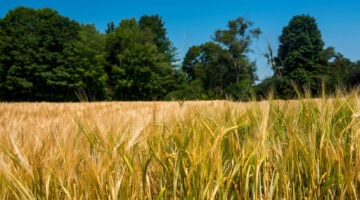Research, community support continue despite pandemic
Researchers propel the University of Maine’s state and international impact, even in the midst of a worldwide pandemic. While the outbreak of COVID-19 forced students and faculty to stay at home, their work persists. They continue to help improve the fields of health care, manufacturing, climate science, psychology and more from their off-campus locations. The […]
Read more

